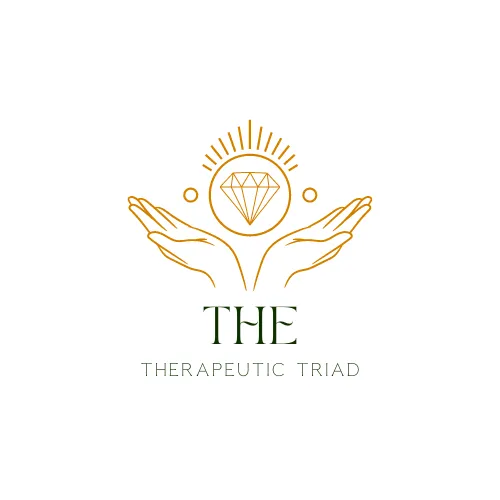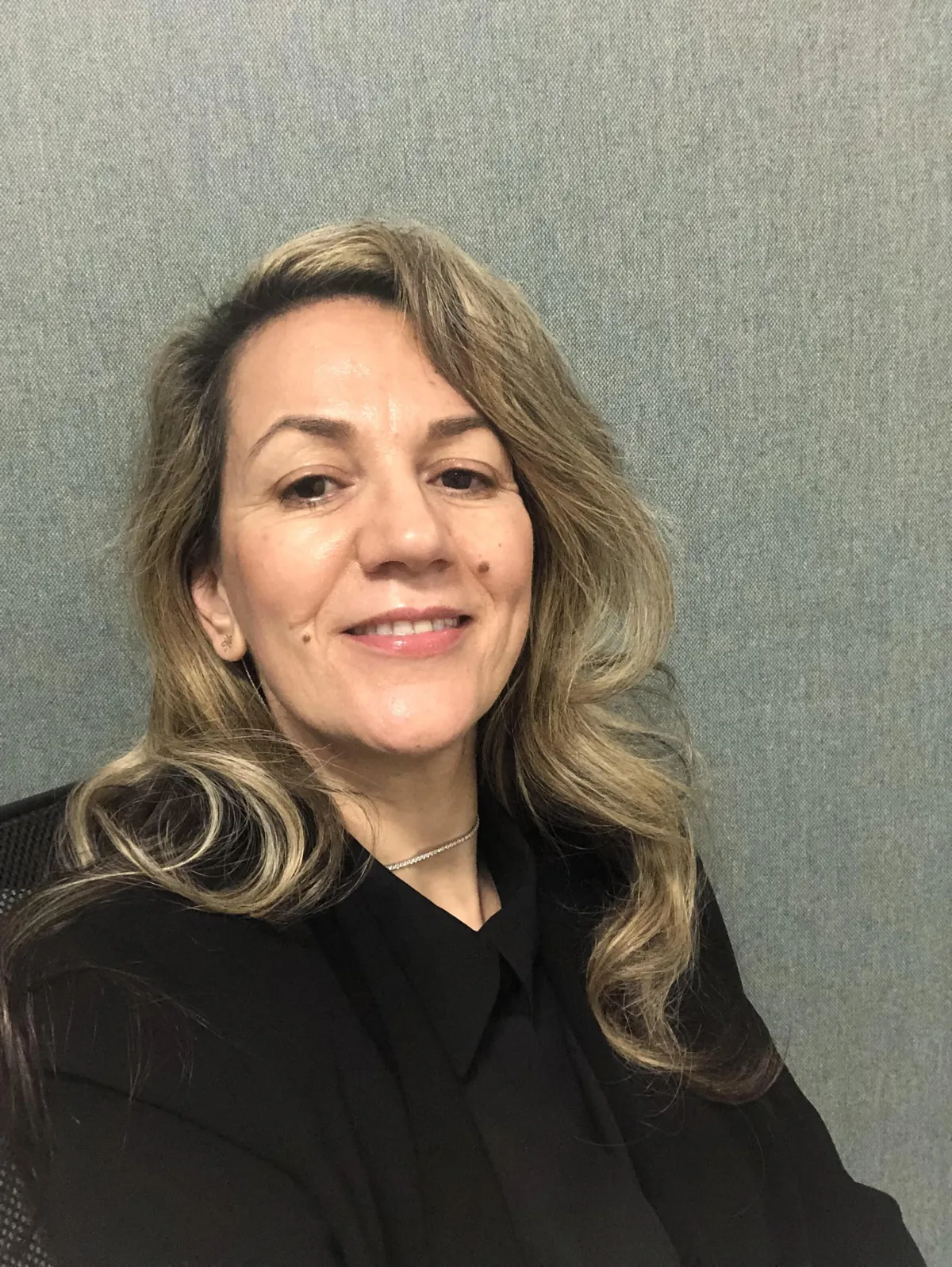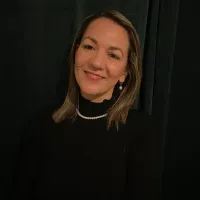
ABOUT MONICA STANESCU
Your turn to share your story!
Why not message me at +44 7436869716, or email me [email protected], or book an introductory session.
My interest in psychology and therapeutic approaches sparked about twenty years ago. Going through various adverse childhood experiences, being surrounded by unhealthy behaviours, and displaying unhealthy behaviours, understanding the mind and human behaviours becomes something of high interest. Hence, I went on to study Psychology, and I found it amazing! I initially wanted to study clinical psychology, but I was looking for more, so I decided to pursue a career in the Human Resources and Recruitment field. This time of my life was truly spectacular! I worked and met so many wonderful people. I still carry some wisdom from that time. My favourite is: “I am too poor to buy cheap shoes”, and I genuinely believe it, but I also love shoes, so it’s a good excuse when I want to buy another pair. I developed strong diplomatic and professional skills, learned to adjust my communication style, and refined my people skills, which, over time, correlated with a high level of empathy and authenticity, becoming my strengths as a person and now as a therapist.
Time passed, and when I discovered a Health Psychology Master's at the University of the West of England, it felt like the right approach to follow. I have always believed in the biopsychosocial approach, which holds that the environment in which we grow and live is essential to our development. That was the time when I truly understood how traumatic it had been to receive the diagnosis of a chronic condition in my early twenties, how it had impacted my identity as a woman and how it had taken over my being and my life. I went through all the stages of grief, and it turned my world upside down. But with great support around me, therapy, and friends, I managed to rebuild myself, the way I feel about myself. This time, in a conscious manner, by my values and beliefs, my wishes for the future, and how I wanted to conduct my life. Immediately after receiving my MSc qualification, I began working as a Specialist Mentor, providing mental and emotional support to students who are challenged by various disabilities, long-term conditions, and/or learning difficulties. When I studied for my undergraduate degree, I remember feeling that my mind was scattered. I had no notion of time management or prioritisation, struggled to study and focus, and lacked motivation for a proactive approach to preparation ahead of exams. I would end up not sleeping well, not eating the last two days before exams, and struggling to study.
Now, I understand that I needed guidance and support, and nowadays, someone does not need to spend years trying to change unhealthy beliefs and behaviours to healthy ones. You need the right support, tailored to your unique needs at that time. Hence, working with students holds a significant place in my heart. In my quest to develop as an individual and professional, I began studying the Person-Centred Approach (more commonly known as counselling). The counselling course was mind-blowing from a personal development perspective. I had to go back to therapy to process, challenge and integrate old, deeply ingrained beliefs. At a professional level, developing and applying the Person-Centred Approach made a significant difference; however, I soon identified a new obstacle: trauma. Hence, I studied and integrated a one-year Trauma-Informed and Somatic Psychotherapy course, which allowed for a thorough exploration of emotional experiences and their expression through somatic work. This approach enables a healthy and rapid process and integration of our lived experiences.
Studying Cognitive-Behavioural Hypnotherapy was the cherry on top! I have always been fascinated by hypnotherapy, and I believe it would beautifully complement my set of skills to be able to offer a safe space and contain any challenges that one might bring into the therapeutic setting, thereby enhancing the process by deepening self-confidence and self-esteem through targeted suggestions that reach the core of being. I now possess well-rounded skills and professional expertise to support individuals in their transformative journeys. However, the most important thing is that I have grown significantly due to the extensive knowledge I’ve accumulated, which my high level of empathy and non-judgmental approach have enhanced. I am currently enrolled as a trainee counsellor studying at Level 5, and I am integrating the person-centred approach not only in my professional life but also in my personal one; it has become a lifestyle. I am happy to share this with anyone who might need a safe space to figure out ways to overcome emotional obstacles or to live well with daily challenges, such as managing stress, delivering a presentation, or navigating social, romantic, and family relationships.
Thank you for taking the time to get to know me. I look forward to hearing your story!

The Spring Comes with a "Let It Go" Attitude
The spring comes with a "let it go" attitude!

Spring is here, and the first day of spring was fantastic. It was sunny and warm, with a bright blue sky. Loads of people were outdoors, and children were cycling and playing on the streets of my neighbourhood. This experience immediately brought me to a feeling of rebirth. I saw and felt it everywhere and experienced such a marvellous state of being.
How might your rebirth look?
However, it also led me to think that to experience the rebirth, humans need to learn to "let it go". "Let go" of harsh feelings towards our younger versions, and instead of blaming and shaming them for not knowing or doing better, approach them with compassion and admiration for proving resilient and bringing us where we are today.
Every experience provides us with learning opportunities, and this doesn't mean that we don't have to acknowledge any harm we might have experienced or unhealthy decisions we might have made. Looking back on our experiences and learning from them, taking time to reflect, and how we can implement change today if change is required means we are taking responsibility from “the adult role” and letting go of the “victim” approach. Approaching our younger versions with compassion, it can be a lengthy process. Still, in my experience and my clients' experience, it is worthy.
It might be beneficial to learn to " let go" of any harsh feelings toward those who have wronged us, regardless of whether they are parents, carers, educators, neighbours, or friends. In my psychotherapeutic work with trauma, the skill of reframing has proved very helpful. It helps the client access more than one perspective on a specific situation, hence placing the focus on others as well. Reframing also requires responsibility for one's perceptions, thoughts, and feelings, which can result in unhelpful behaviours and support the lift of our unbeneficial beliefs about ourselves.
Are any of the following statements familiar to you:
"I am not good enough"
"I need everything and everyone to be perfect"
"I am sure nobody is interested in hearing from me"
"I do not matter”
“Nobody loves me”
Have you ever taken a moment to reflect on:
Whose voice is the voice which is telling you this?
What's the first memory of having a similar thought or feeling?
How have you come to form this belief?
From your role today, looking back on that situation on reflection, can you think of any other possibility?
Sometimes it might be challenging to have this reflective moment on your own, it's normal and natural. Remember a problem shared is a problem halved; therefore I encourage you to speak with a good friend, a parent or carer, an educator and if none of these are available remember that getting in touch with a therapist which could offer you a safe space where you can develop your self-awareness embedded in nonjudgement and with empathy is one click away at The Therapeutic Triad.
